Unconscious Bias, The Problem You Don't Know You Have
Better the problem you know than the problem you don’t. Unconscious bias is the problem companies don't know they have. By definition unconscious bias is a learned, deeply ingrained unconscious stereotype that shapes the way we perceive others. It thrives in dysfunctional cultures and is roundly dismissed in vibrant ones. Unconscious bias in its most devastating form sits just below the surface beneath a thin veneer of friendliness.
“Unconscious bias is the problem companies don't know they have.”
Companies pay a hefty price to unconscious bias and its true cost is just beginning to be understood. With no formal or sustained mechanism as a check, unconscious bias flourishes in micro-aggressions, the defense of culture fit, passive aggressiveness, dark humor, and sarcasm. But the price isn't paid by those who give it, it’s paid by those who receive it. They code switch, changing the way they express themselves to become more palatable. They disengage, turning off critical lenses. They quietly endure the slights, the indignities, and the injustices until they decide leave. Often under the cover of a better opportunity, which in exit interviews, is swallowed whole.
“Unconscious bias in its most devastating form sits just below the surface beneath a thin veneer of friendliness.”
As a first step, unconscious bias needs to be recast as a social issue and not a corporate one. Social issues make room for the rigorous examination of self and identity, corporate issues do not. Second, addressing social issues in the workplace requires new language grounded in empathy, and new tools that engender trust.
Sign up and be the first to know when CLU Identity cards become available.
CONTRIBUTOR
Steffon Isaac
Founder, The CLU Studio

